Without education, your children can never really meet the challenges they will face. So it’s very important to give children education and explain that they should play a role for their country.
Nelson Mandela
The outbreak of COVID-19 has brought miseries to humanity across the world. Like every affected country, India also undertook measures to contain the spread of the pandemic. The lockdown was enforced in the country to terminate the chain of contagion, but it had certain consequences. The economic activities became standstill for quite a long period. Among various happenings, the most concerning was the psychological impact and absence of work that drove the majority of the workforce back to their native places. With the increasing unemployment and reduced earnings, ensuring education in the post-pandemic era will be a big challenge.
Challenges are what make life interesting and overcoming them is what makes life meaningful.
Joshua J. Marine
A recent economic research report of State Bank of India (SBI) has stated the drop in India’s per capita income in 2020-21 by 5.4% to Rs. 143000/- from Rs.152000/- in 2019-20. Centre for Monitoring Indian Economy (CMIE) reports that India’s unemployment rate being 8.75% in March 2020 increased to 23.48% in May 2020 and is currently at 14% (on 30 days moving-average basis) with an urban unemployment rate of 15.67% & rural unemployment rate of 13.23%. The unemployment rate accounts for the proportion of the labour force that is unemployed currently but could be employed. India Today has mentioned of a global consultant saying that India may lose around 130 million jobs due to the COVID-19 pandemic out of which 40% will be blue-collar jobs.
Also Read: Resuscitating Migrant Workers to Economy
Looking at the statistics, it is evident that a sizeable section of the society may have difficulties in sustaining proper livelihood due to the no job or the reduction in earnings. The shortfall in cash receipt creates numerous impediments in meeting different expenditures. If the economic activities do not recover in time, then the cash-starved families will be compelled to stop certain activities. Among different items on the list of expenditures by Indians, the spending on education, which holds the key of the country’s future, is the most critical. A November 2019 report by the businessinsider.in describes that in the last decade, the expenses on general education, that includes primary to postgraduate courses, quadrupled to Rs.8331/- per student per annum. The increasing cost of education has already been a challenge for the low-resource communities in the country. The reduced earnings in post-pandemic times will further call for all members of the family to augment their earning to the extent possible. This means the child labour may become rampant, which may lead to children losing on their education. Such deprivation of the highly-priced education for children from poor families may affect a reasonably large population.
Also Read: Introspecting the COVID-19 Lockdown in India
Article 21-A of the Indian Constitution directs to provide free and compulsory education to all children in the age group of six to fourteen years as a Fundamental Right in such a manner as the State may, by law, determine. But this may not help the poor family children because their priority will be to earn for the sustenance of their family. Thus, the likelihood of children dropping out of the education process may be primarily a consequence of either the non-availability of time to get education or unaffordable cost of education or both. Higher education could be very difficult for poor children.
The country needs to strategize for ensuring that the paucity of financial resources doesn’t push the children out of the education system. There being no statutory obligations, special attention is required on the financing of higher education. The education providers should create a financing framework so that the meritorious ones get due opportunities of study. Apart from subsidizing and financing the cost of education and livelihood for the poor students, the provision of ‘earning while studying’ can be of great help.
Also Read: Challenges in Handling Disruption in Education during COVID-19
This may need some change in the regulatory framework so that organizations accept such temporary workforce and the educational institutions permit for study and work together. This will also hone the skills of the students and make them much more adaptable and job-ready. Work experience will provide the students with real-life perspectives which may also enrich the quality of learning.
The more you learn, the more you earn.
Warren Buffett
The country, blessed with demographic dividend, should strive hard to enable the weaker section of the society to seek education for their betterment and the overall good of the society. Serious thinking is required at the level of apex regulators and the Government so that the necessary provisions are put in place before it is too late. Financial institutions and voluntary organizations are also required to formulate plans for supporting fellow citizens in the best possible ways to avoid any disruption in the education of deserving ones.
Also Read: Lockdown in Indian Economy

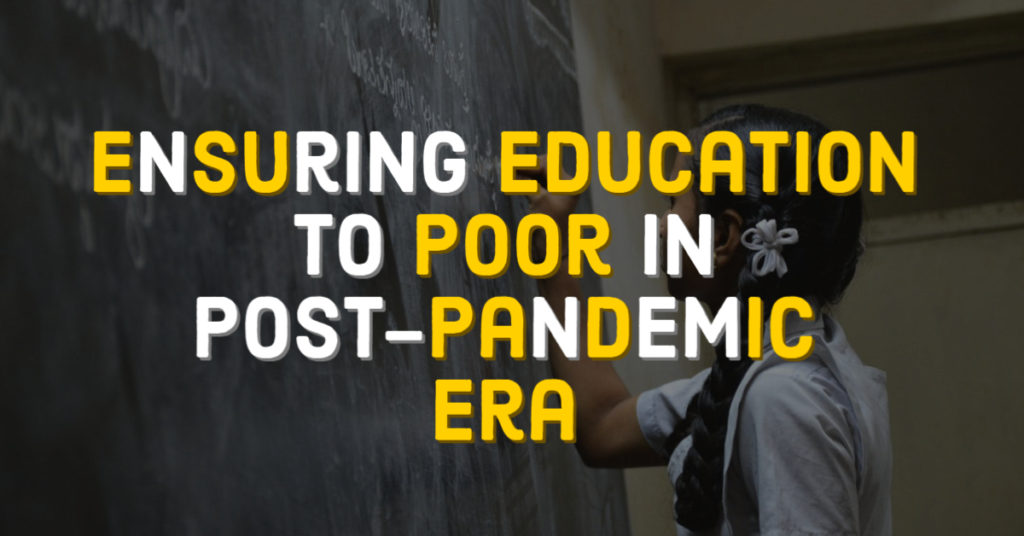





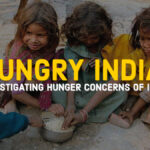








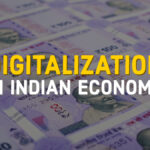







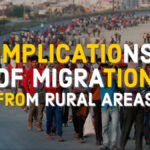


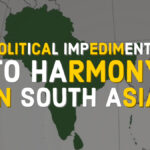

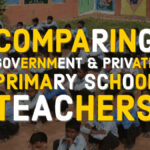




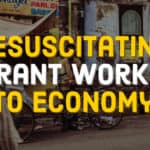

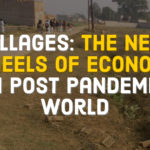



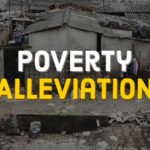
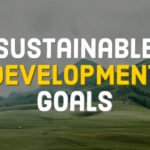




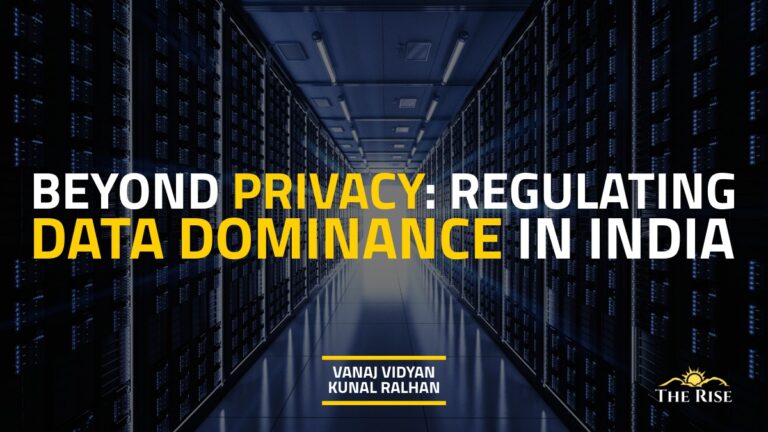
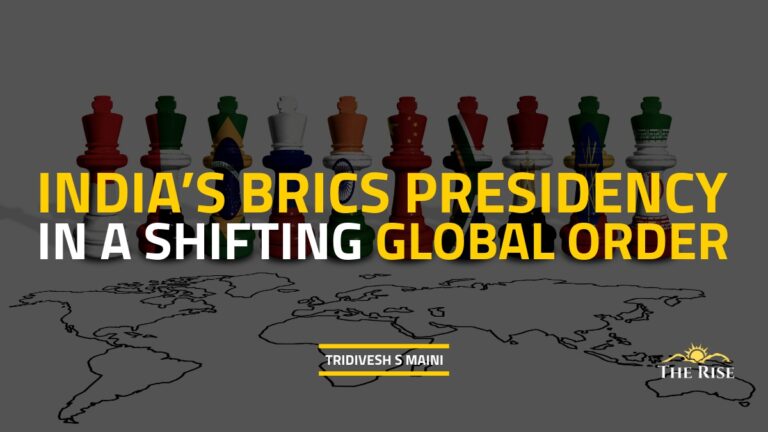

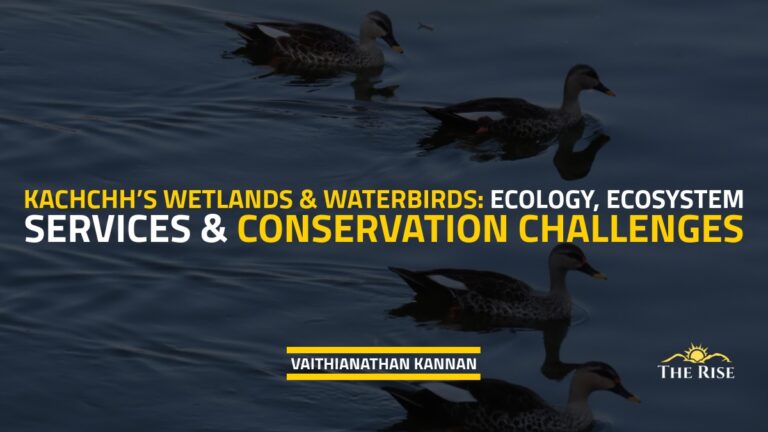
correct perspective
Pingback: Does cent percent marks evince cent percent learning? - TheRise.co.in
Pingback: Uncovering implications of syllabus reduction TheRise.co.in
Pingback: Scrutinizing the appointment of Vice-Chancellors - TheRise.co.in
Pingback: Time to educate about nature! - TheRise.co.in - Article by Kunal Sharma
Pingback: Is Online Learning Deleterious for Kids? - TheRise.co.in
Pingback: Loosing sheen of Gurus - Editor's Pick - TheRise.co.in
Pingback: Technological Transformation in Higher Education - TheRise.co.in